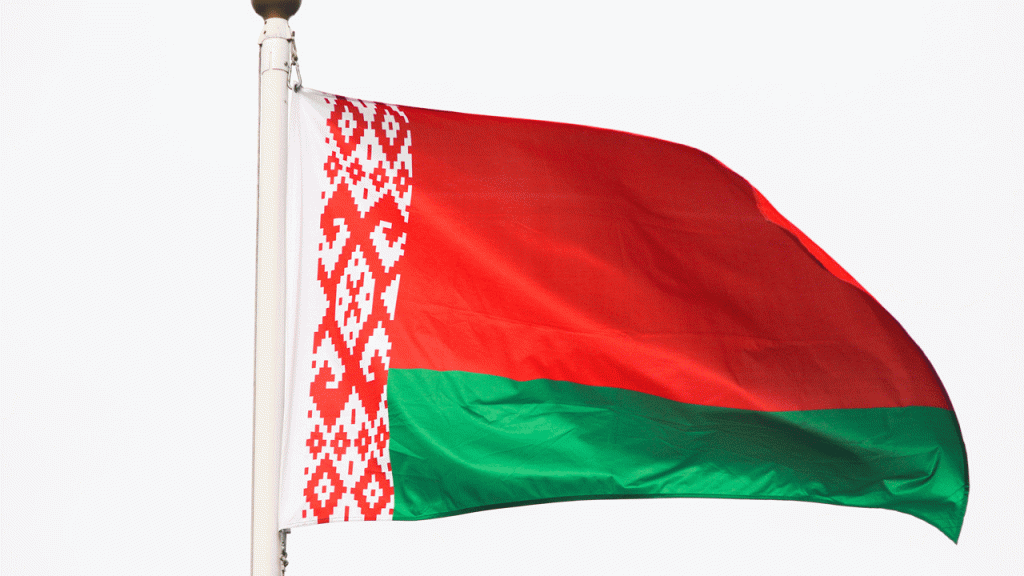A Belarusian hacker activist group, known as the Belarusian Cyber-Partisans, has claimed to have infiltrated computers at the country’s largest fertilizer plant in an attempt to pressure the government to release political prisoners. The state-run Grodno Azot plant has not commented on the claim made by the group, which alleges they have caused damage such as destroying backup systems, encrypted internal mail, document flow, and hundreds of PCs. The company’s website has also been unavailable since the day of the alleged attack. The group coordinator, Yuliana Shametavets, stated that the attack was designed to affect only documentation at the plant, given the dangerous substances it works with, such as ammonia.
Grodno Azot, which employs around 7,500 people, is a significant producer in Belarus, whose economy heavily relies on chemical industries. The alleged hack comes in the midst of a harsh crackdown on the opposition in Belarus that began after protests erupted following the disputed results of the August 2020 presidential elections, which saw Alexander Lukashenko re-elected for a sixth term as president. Human rights activists report that around 35,000 people were arrested as part of the crackdown, with nearly 1,400 political prisoners currently behind bars, including prominent opposition figures and Nobel Peace Prize laureate Ales Bialiatski. The 2020 protests were the largest and most sustained display of dissent since Lukashenko came into power in 1994, with workers at major plants, including Grodno Azot, participating in strikes to protest against the government.
The Cyber-Partisans justified their alleged hack as a response to the “bullying, pressuring, & conducting political repression against the company’s employees,” citing the treatment of workers at Grodno Azot as a motivating factor. The group posted photos on social media purportedly showing screens of compromised computers at the plant, although the plant itself has not confirmed these claims. The attack on the plant’s systems, if confirmed, could have serious implications for its operations given the disruption of documentation and internal communications. However, the full extent of the damage caused by the alleged hack remains unclear, as the plant has not publicly acknowledged the incident.
The hack by the Belarusian Cyber-Partisans highlights the use of cyber warfare as a tool for political activism and resistance against authoritarian regimes, such as the government of Alexander Lukashenko in Belarus. By targeting critical infrastructure like the country’s largest fertilizer plant, the group aims to exert pressure on the government to release political prisoners and end political repression. The group’s actions also underscore the challenges faced by both governments and private industries in protecting their systems and data from cyber attacks, particularly in politically charged environments where activists may target key institutions to further their causes.
The impact of the alleged hack on Grodno Azot and its operations remains to be seen, as the company has not disclosed any details about the incident. However, the disruption caused by the attack, if true, could have far-reaching consequences for the plant’s production and ability to function efficiently. The incident also raises questions about the vulnerability of critical infrastructure to cyber attacks and the need for heightened security measures to protect against such threats. As political tensions continue to rise in Belarus, the use of cyber warfare as a tool for activism and resistance may become more prevalent, posing additional challenges for both the government and private sector in safeguarding their systems and data from potential attacks.













